Mass Marketing vs Target Marketing: Strategic Evolution in the Digital Age
Elena Rodriguez, chief marketing officer at a global consumer electronics brand, experienced a paradigm shift that challenged decades of marketing wisdom. Her company had built its reputation through mass marketing campaigns that reached millions through television, print, and radio advertising. However, during a comprehensive campaign analysis, she discovered that their latest mass marketing initiative, despite achieving 50 million impressions, generated significantly lower conversion rates than a targeted digital campaign that reached only 2 million carefully selected prospects. The targeted campaign not only delivered 300% higher return on investment but also created stronger brand loyalty and customer lifetime value. This revelation sparked a strategic transformation that led Elena to develop a hybrid approach combining the reach advantages of mass marketing with the precision of targeted marketing, ultimately achieving both scale and efficiency while building deeper customer relationships across diverse market segments.
This strategic evolution reflects a fundamental shift in marketing effectiveness, where technological capabilities enable unprecedented targeting precision while market fragmentation demands more sophisticated approaches to achieving both reach and relevance.
Introduction: The Marketing Strategy Paradigm Shift
The debate between mass marketing and targeted marketing has evolved from a simple either-or decision to a complex strategic optimization challenge. Digital transformation has fundamentally altered the cost structures, measurement capabilities, and effectiveness potential of both approaches, creating opportunities for hybrid strategies that capture the benefits of each while mitigating their respective limitations.
Research from the Marketing Science Institute indicates that companies successfully integrating mass and targeted marketing approaches achieve 45% higher brand awareness and 62% better customer acquisition efficiency compared to organizations relying exclusively on either strategy. The key lies in understanding when, how, and why to deploy each approach within an integrated marketing framework.
Modern marketing strategy requires sophisticated understanding of audience behavior, channel effectiveness, and message optimization across the spectrum from broad reach to hyper-personalized targeting.
1. Mass Marketing Advantages and Applications
Mass marketing maintains significant strategic value in contemporary marketing environments, particularly for building brand awareness, establishing market presence, and achieving economies of scale in customer acquisition.
Broad Reach and Brand Building
Mass marketing excels at creating widespread brand awareness and establishing market presence across diverse customer segments simultaneously. This approach enables rapid market penetration and brand recognition development, particularly valuable for new product launches or market entry strategies.
The broad reach capabilities of mass marketing create network effects and social proof that enhance brand credibility and customer confidence. When customers see brands advertised across multiple channels and contexts, it reinforces brand legitimacy and market leadership perceptions.
Economic Efficiency Through Scale
Mass marketing campaigns achieve significant economies of scale in content production, media buying, and campaign management. The cost per impression decreases substantially as campaign reach increases, making mass marketing highly efficient for organizations with sufficient scale requirements.
Television, radio, and digital display advertising offer volume discounts and preferential placement opportunities for large-scale campaigns, reducing overall customer acquisition costs when targeting broad audiences.
Market Education and Category Development
Mass marketing proves particularly effective for educating markets about new product categories, establishing industry standards, and driving overall category adoption. This approach helps create market demand that benefits entire industries rather than individual brands exclusively.
2. Targeted Marketing Precision and Effectiveness
Targeted marketing leverages data analytics, customer insights, and channel specialization to deliver highly relevant messages to specific audience segments, maximizing conversion rates and customer engagement.
Message Relevance and Personalization
Targeted marketing enables message customization based on customer demographics, behaviors, preferences, and purchase history. This relevance increases engagement rates, conversion probabilities, and customer satisfaction by addressing specific needs and interests.
Advanced targeting capabilities allow marketers to create messages that resonate with particular customer segments, addressing unique pain points, preferences, and motivations that drive purchasing decisions.
Resource Efficiency and ROI Optimization
Targeted marketing typically achieves higher return on investment by focusing resources on prospects most likely to convert. This efficiency becomes particularly valuable for organizations with limited marketing budgets or those selling high-value products with longer sales cycles.
Digital targeting capabilities enable real-time optimization based on performance data, allowing marketers to adjust campaigns continuously to improve effectiveness and reduce waste.
Customer Relationship Development
Targeted marketing facilitates deeper customer relationships through personalized communication and tailored value propositions. This approach builds customer loyalty and increases lifetime value by demonstrating understanding of individual customer needs and preferences.
3. Hybrid Models and Mass Customization
Contemporary marketing strategy increasingly embraces hybrid approaches that combine mass marketing reach with targeted marketing precision, creating mass customization strategies that achieve both scale and relevance.
Programmatic Advertising Integration
Programmatic advertising platforms enable mass customization by delivering personalized messages at scale through automated bidding and audience targeting. These platforms combine the reach potential of mass marketing with the precision of targeted marketing.
Real-time bidding systems allow marketers to customize messages for specific audience segments while maintaining broad reach across multiple digital channels and platforms.
Dynamic Content Optimization
Advanced content management systems enable dynamic message customization based on audience characteristics, location, time, and behavior patterns. This technology allows single campaigns to deliver personalized experiences while maintaining operational efficiency.
Dynamic content optimization enables mass marketing campaigns to include targeted elements that increase relevance without sacrificing reach or significantly increasing production costs.
Channel Strategy Integration
Hybrid approaches integrate mass marketing channels for awareness building with targeted channels for conversion and retention. This strategy uses mass marketing to generate interest and targeted marketing to drive specific actions and build customer relationships.
Cross-channel attribution models help marketers understand how mass marketing and targeted marketing contribute to customer acquisition and retention, enabling optimization of channel mix and budget allocation.
Digital Era Transformation
Digital transformation has fundamentally altered the capabilities and economics of both mass and targeted marketing, creating new opportunities for strategic integration and optimization.
Social media platforms enable mass customization through audience targeting capabilities that maintain broad reach while delivering personalized messages. These platforms blur the traditional distinctions between mass and targeted marketing.
Marketing automation systems enable scalable personalization that combines the efficiency of mass marketing with the relevance of targeted marketing, creating individualized customer experiences at scale.
Case Study: Nike Mass Customization Strategy
Nike exemplifies successful integration of mass and targeted marketing through their comprehensive digital marketing ecosystem. The company combines mass marketing campaigns for brand building with sophisticated targeted marketing for customer acquisition and retention.
Nike's mass marketing approach includes high-profile celebrity endorsements, major sporting event sponsorships, and broad-reach advertising campaigns that build global brand awareness and establish market leadership. These campaigns create cultural relevance and aspirational brand positioning across diverse markets.
Simultaneously, Nike leverages targeted marketing through their Nike+ ecosystem, mobile applications, and personalized e-commerce experiences. The company uses customer data to deliver personalized product recommendations, customized training programs, and targeted promotional offers.
Their hybrid approach enables Nike to maintain broad market presence while building direct customer relationships and gathering valuable data for continuous optimization. The Nike+ platform combines mass marketing content with personalized experiences, creating mass customization at scale.
This integrated strategy has enabled Nike to achieve both broad market leadership and deep customer engagement, with digital sales growing 82% in recent years while maintaining global brand recognition exceeding 95% across key markets.
Nike's success demonstrates how contemporary brands can leverage both mass marketing for brand building and targeted marketing for customer relationship development, creating comprehensive strategies that maximize both reach and relevance.
Call to Action
Organizations should develop integrated marketing strategies that strategically combine mass marketing and targeted marketing based on specific objectives, customer journey stages, and available resources. Invest in marketing technology platforms that enable mass customization and cross-channel optimization.
Establish measurement frameworks that evaluate both reach and relevance metrics, enabling optimization of marketing mix across mass and targeted approaches. Develop capabilities in both broad brand building and personalized customer engagement to maximize marketing effectiveness in increasingly complex digital environments.
Featured Blogs
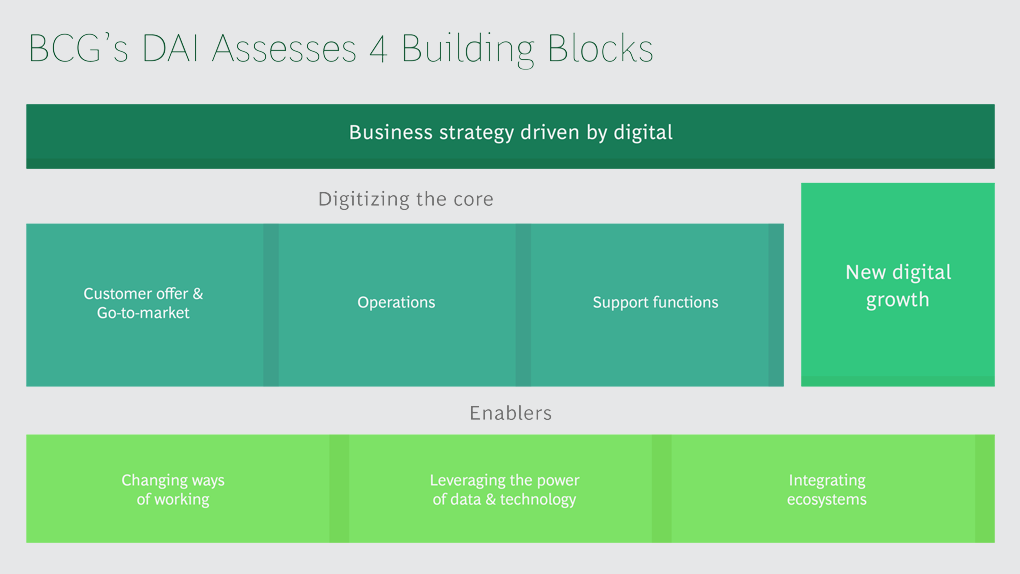
BCG Digital Acceleration Index
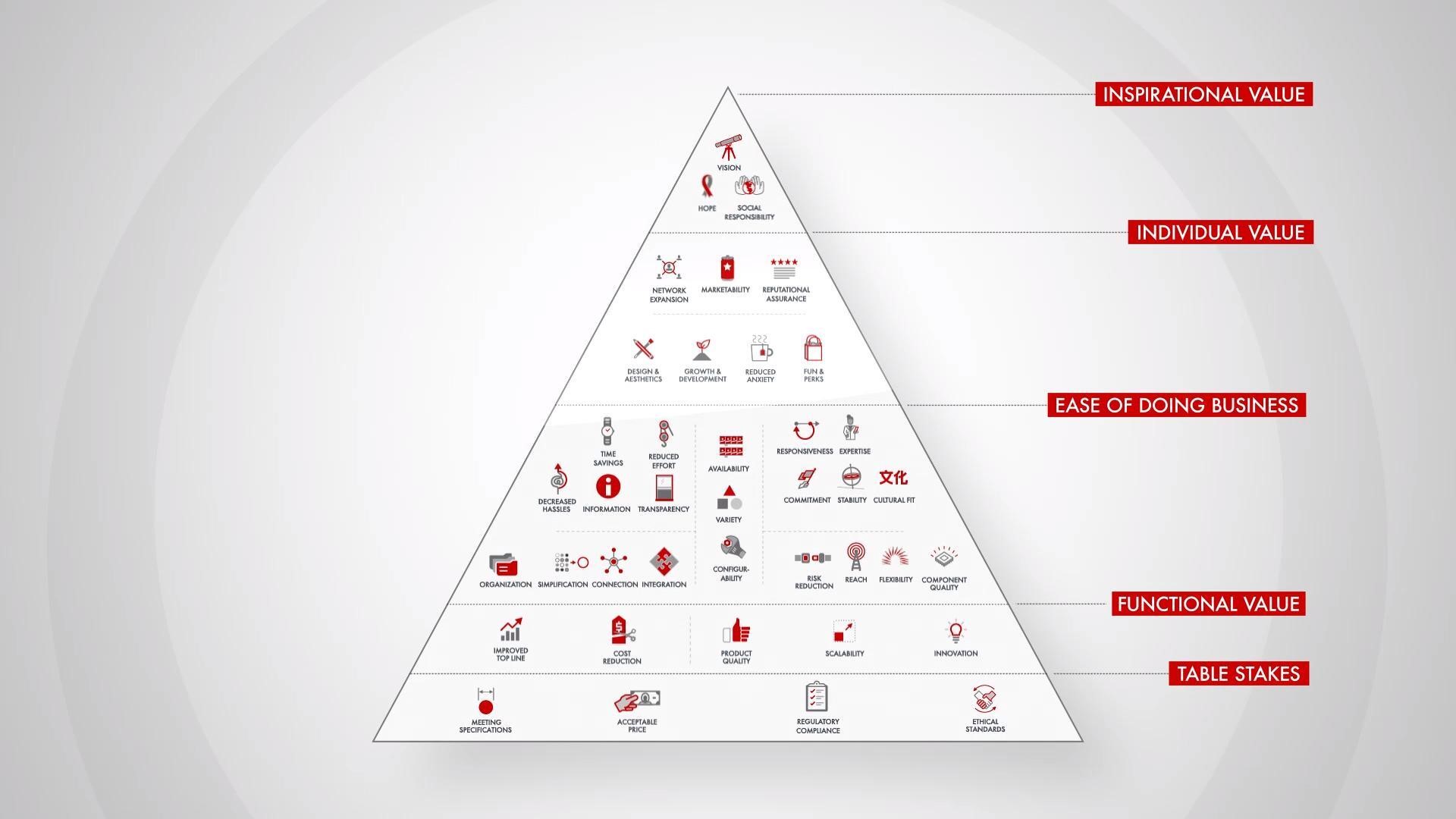
Bain’s Elements of Value Framework
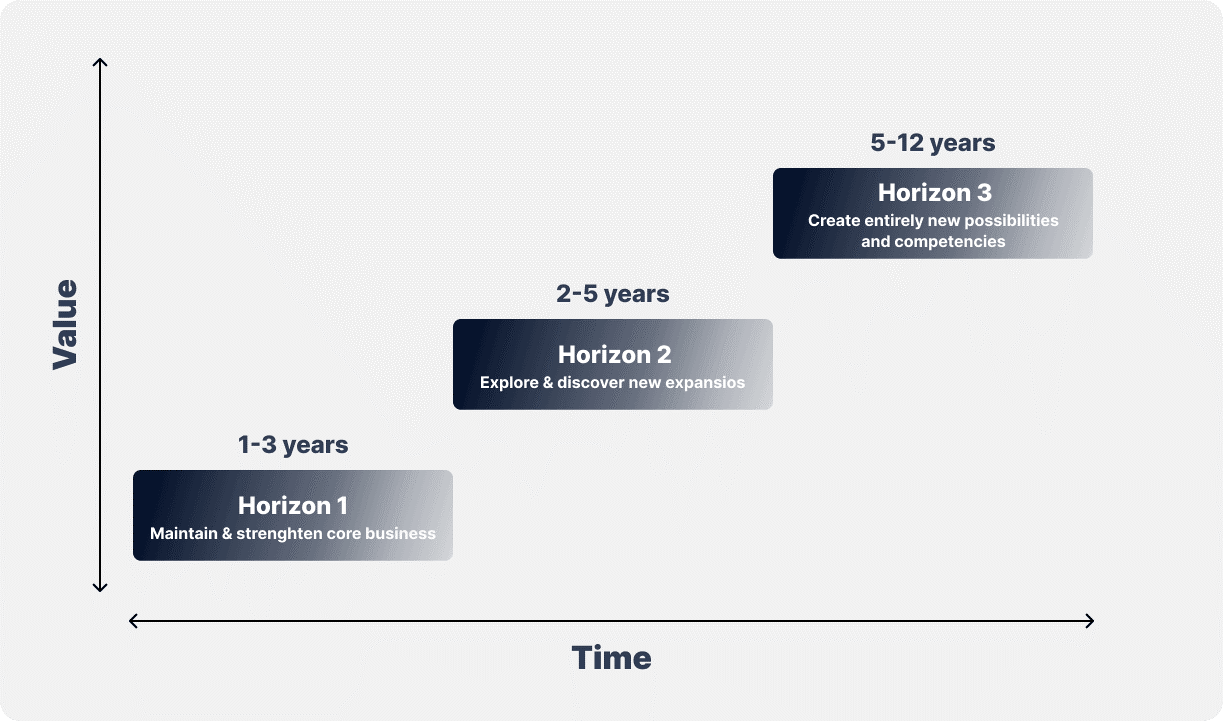
McKinsey Growth Pyramid
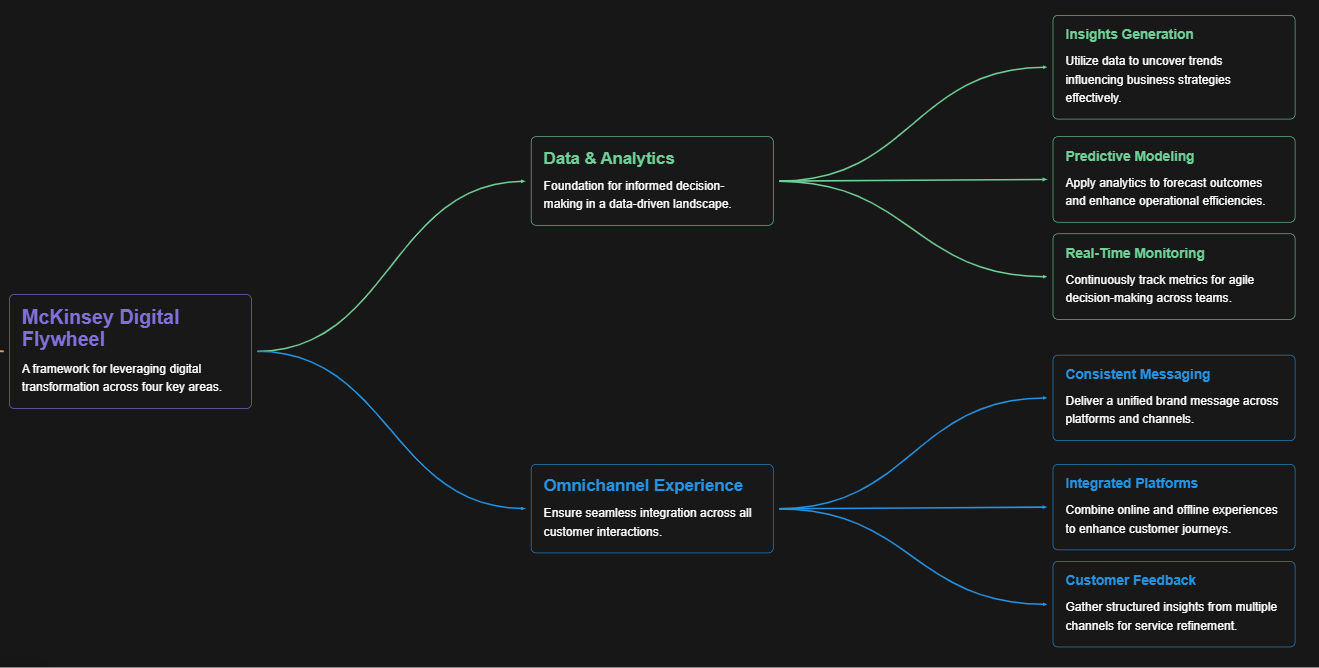
McKinsey Digital Flywheel
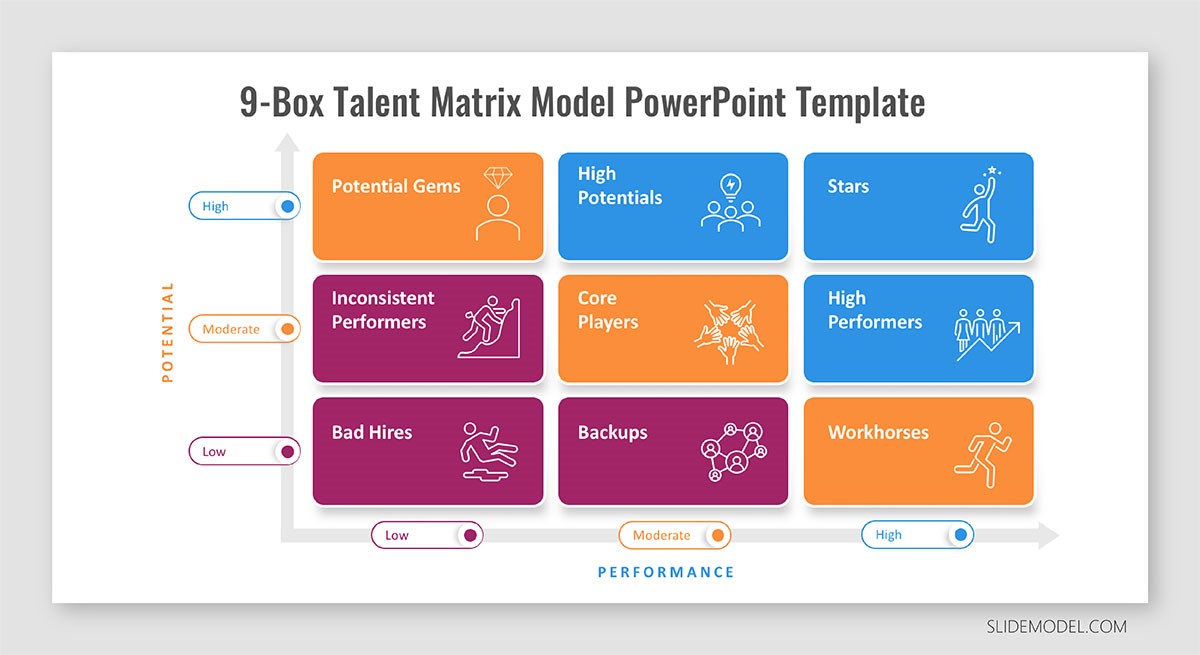
McKinsey 9-Box Talent Matrix
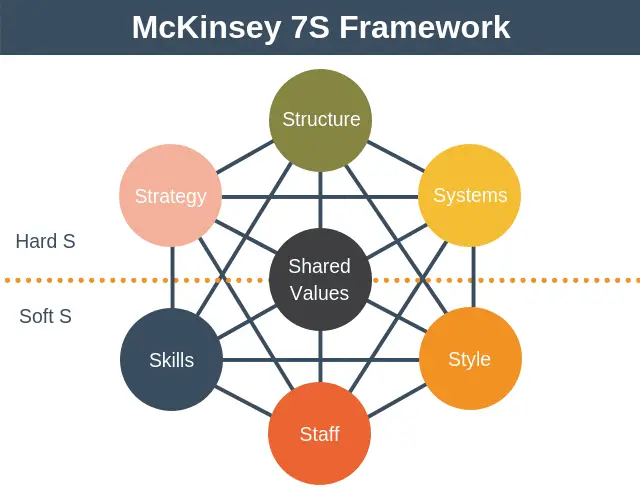
McKinsey 7S Framework
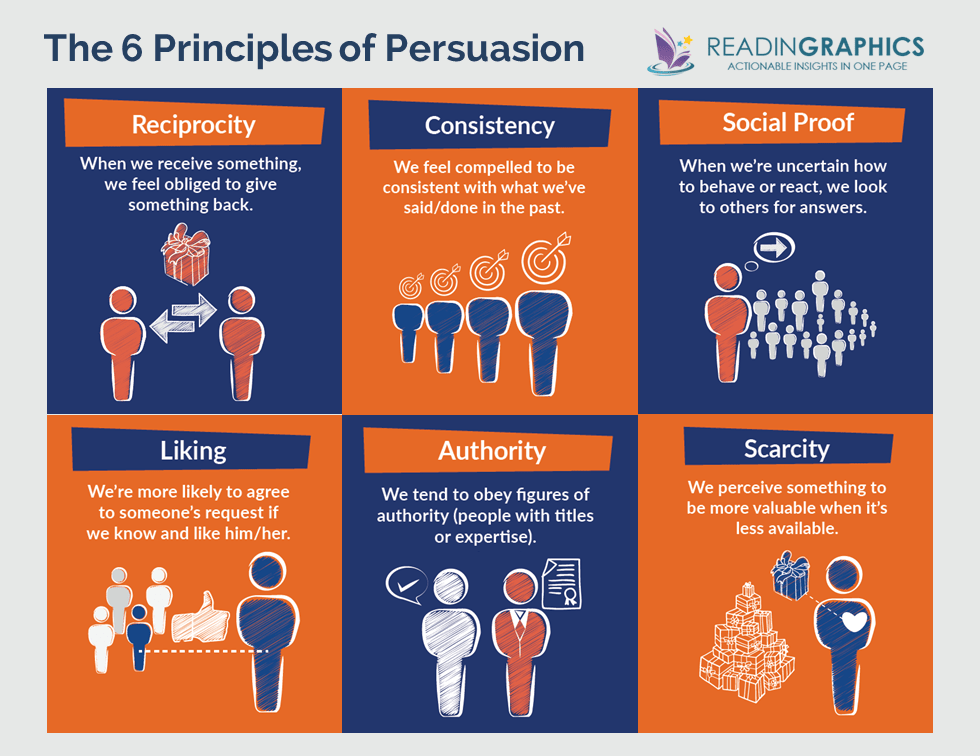
The Psychology of Persuasion in Marketing
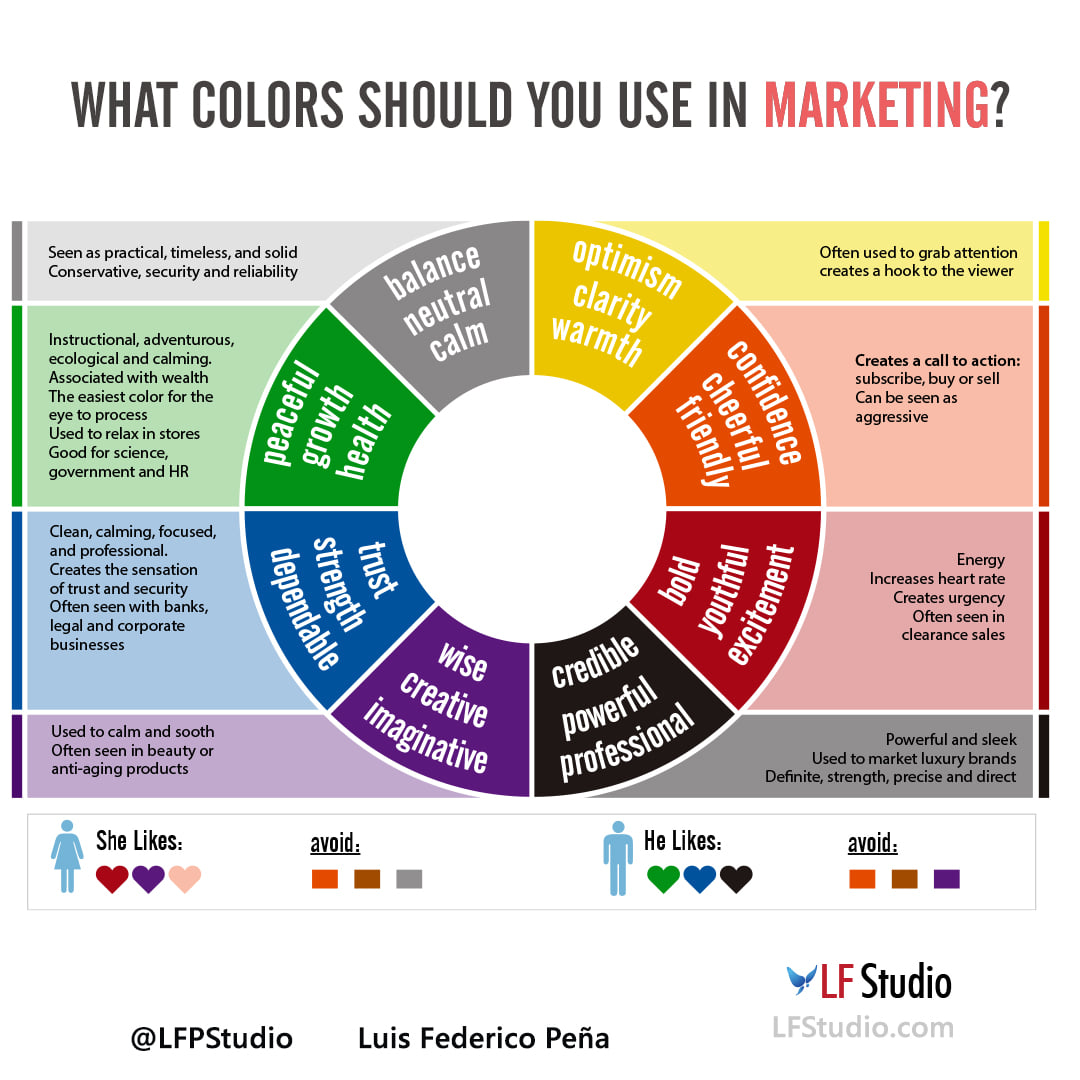
The Influence of Colors on Branding and Marketing Psychology








